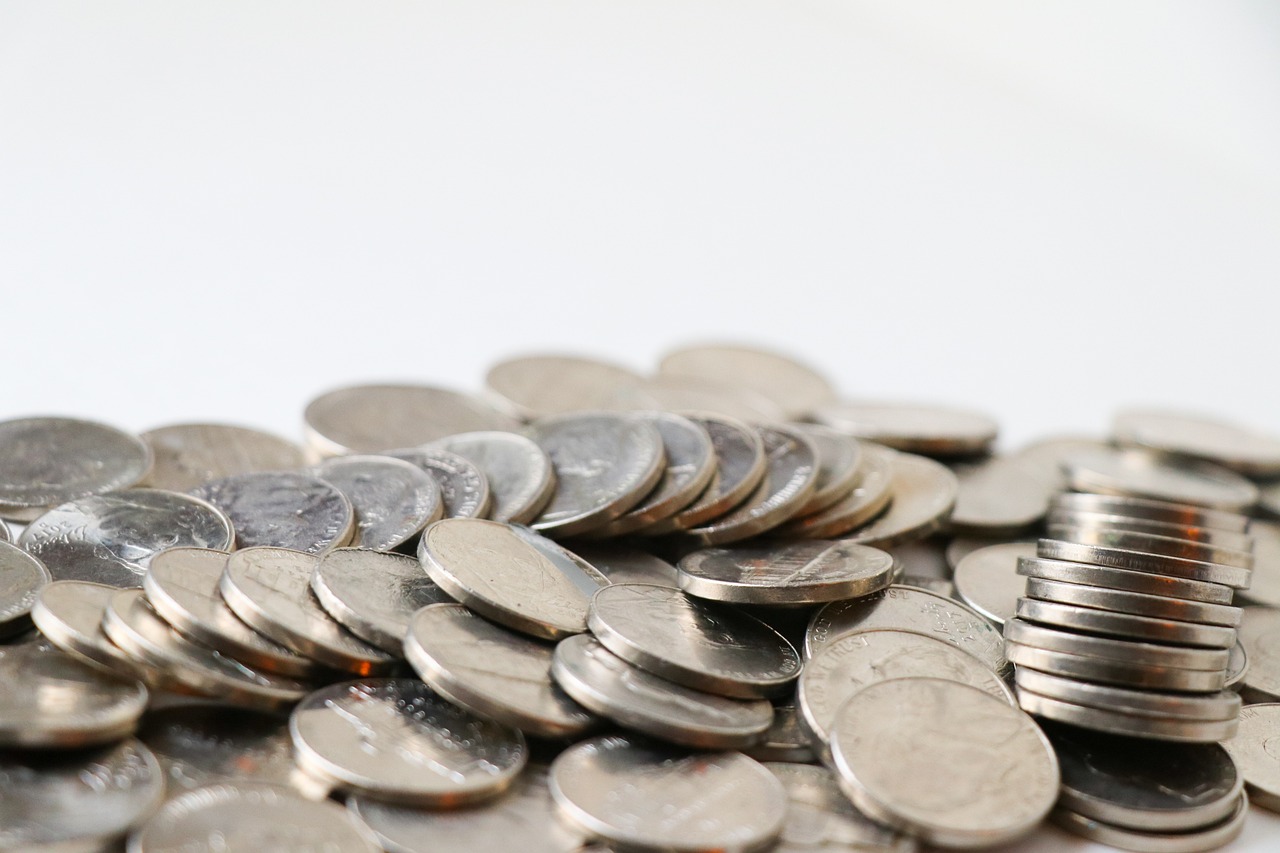How to Build Financial Freedom: 7 Money Habits for the Volatile Market

Financial Resilience in Uncertain Times: 7 Steps to Build Financial Freedom and Lasting Wealth
In a world where headlines shout about “recession fears,” “market crashes,” and “record layoffs,” one undeniable truth remains: those with solid financial habits not only survive—they thrive—while others scramble.
Market volatility is becoming the new normal. From inflation spikes to geopolitical uncertainty and tech disruptions, the financial landscape is evolving faster than ever before. With recession worries looming, relying on a paycheck alone is no longer enough if you aim for Financial Freedom. You need a financial foundation that can weather any storm.
7 Money Rules for Financial Freedom:
1. Save at Least 2 Months of Income
- Goal: Break free from the paycheck-to-paycheck cycle.
- Why: One unexpected event shouldn’t throw your life into chaos.
- How: Start by saving RM500–RM1000 (or $100–$200) monthly in a high-interest savings or digital bank account.
- Pro Tip: Automate it so you don’t have to think about it.
2. Build a 3–6 Month Emergency Fund
- Goal: Break free from the paycheck-to-paycheck cycle.
- Why this is crucial: Living paycheck to paycheck leaves you vulnerable to even minor financial shocks.
- How to start:
- Set a goal to save RM500–RM1,000 (or $100–$200) each month.
- Use a high-interest savings account or a reliable digital bank to automate your savings.
- Build gradually: It doesn’t have to happen overnight—but every saved ringgit or dollar strengthens your safety net.
3. Set Aside 5–7% for Guilt-Free Spending
- Goal: Avoid burnout and emotional splurges.
- Why it works: Allowing yourself a fun budget helps you stick to your overall financial plan and reduces stress.
- How to apply it:
- Use this portion on things that bring joy, like:
- A short weekend getaway
- A new gadget
- Treating yourself or loved ones to a nice meal
Just make sure it’s planned spending—not a reaction to a bad day or peer pressure.
4. Start Investing for Retirement—Now
- Goal: Build a secure future and avoid last-minute panic.
- Why it matters: The earlier you start, the less you need to contribute, thanks to compounding returns.
- What to do:
- For Malaysians: Contribute consistently to EPF (KWSP), PRS (Private Retirement Scheme), or simple ETF/index funds via FSMOne or Wahed Invest.
- For international readers: Use tax-advantaged retirement accounts like a 401(k), IRA, or trusted robo-advisors.
- How much: Just 5–10% of your income monthly, invested consistently for 25–30 years, can grow into $150,000+ (RM700,000+).
- Remember: Retirement savings aren’t optional—they’re your ticket to freedom later.
5. Create Passive Income Streams
- Goal: Earn while you sleep.
- Ideas:
- Rent out property, camera gear, parking spots, or cars.
- Sell digital products like templates, eBooks, or courses.
- Invest in dividend stocks, REITs (e.g. AmanahRaya REIT or global REITs), or peer-to-peer lending.
- Even RM200–RM500/month extra compounds to big results over time.
6. Invest 5–10% of Your Income Consistently
- Goal: Beat inflation and build long-term wealth and archive financial freedom.
- Why it matters: Inflation quietly eats into your savings. Investing helps your money grow faster than the rising cost of living.
- Where to start:
- In Malaysia: Begin monthly investments (SIPs) in unit trusts or ETFs using platforms like FSMOne, Versa, or Rakuten Trade.
- Globally: Consider ETFs, mutual funds, or robo-advisors such as Betterment, Wealthfront, or eToro.
- What else to consider: You can also diversify into digital gold, hybrid funds, or REITs (real estate investment trusts).
- Pro tip: Small, regular investments over time outperform one-time large bets. Think consistency, not timing.
7. Crush High-Interest Debt with the ‘Snowball’ Method
- Goal: Free up cash flow and reduce money stress.
- How:
- List all debts with interest above 7% (credit cards, personal loans).
- Pay off the smallest first while making minimum payments on the rest.
- As each debt clears, roll that amount into the next.
- Why: Every monthly payment gone is money you get back.
Final Thought
The next decade will reward those who treat money as a tool, not a trophy. These 7 habits may not be flashy, but they’re powerful. They don’t just make you look rich—they help you stay rich, free, and prepared.
Whether you’re facing inflation in Malaysia, a shaky job market in the U.S., or economic shifts anywhere else, remember:













1 comment